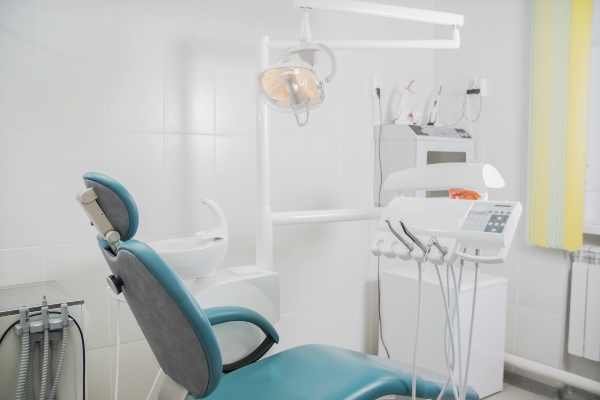 A general dentist can help if you find yourself dealing with tooth pain. As uncomfortable as these sensations can be, they are your body’s way of letting you know something is wrong. It is typically one of the last symptoms of unaddressed dental issues to show up.
A general dentist can help if you find yourself dealing with tooth pain. As uncomfortable as these sensations can be, they are your body’s way of letting you know something is wrong. It is typically one of the last symptoms of unaddressed dental issues to show up.
Some of the reasons why you might experience toothaches include:
- Tooth infection
- Decay
- Damaged dental restorations
- Teeth grinding
- Abscessed tooth
- Tooth damage
Tooth pain can manifest in different ways. It can be constant, throbbing, or sharp. The pain can be excruciating enough to make it impossible to get any sleep or focus on anything. Toothaches can be accompanied by headaches, fever, inflammation around a tooth, or a weird taste in the mouth.
Anyone who has tooth pain that lasts more than a couple of days, is excruciatingly painful, or is accompanied with a fever should seek the help of a general dentist immediately. The most painful toothaches are often signs of a tooth infection, which requires immediate dental care.
How our general dentist treats tooth pain
Toothaches can sometimes be managed with over-the-counter medication, but that only provides a temporary solution. Remember what we said about tooth pain earlier? It is a sign of an underlying dental issue, and the only permanent solution is to treat that problem.
General dentists start treatments for toothaches by examining their patients to determine the cause of their discomfort. This usually includes closely examining their teeth and gums. The patient’s teeth, gums, jaw, throat, tongue, sinuses, neck, nose, and ears are carefully examined during the visit. Tests like X-rays might also be used to detect the source of the pain.
The most common causes of tooth pain are tooth decay, gum disease, and damage to teeth structures. Once the source of the pain is identified, the dentist might recommend treatments like:
1. Fillings
A dentist might recommend conventional fillings or composite ones if their patient’s pain is caused by cavities. These are tiny holes that form on teeth due to acids produced by oral bacteria eating away at teeth structures.
These treatments typically involve injecting patients with local anesthetics so they do not feel pain as the dentist removes decayed material from their teeth. The cavity is then filled up with a filling, which serves as a barrier that prevents acids from expanding the cavity and irritating the dentin.
2. Crowns
Crowns are often recommended for severely decayed teeth that need something more than fillings to hold them together and protect them from acids in the mouth. The procedure also involves removing decayed material from the tooth. A crown is placed on it afterward.
3. Root canals
This procedure is suggested for infected teeth or teeth with compromised pulp chambers due to decay or trauma. It involves removing the tooth’s pulp, disinfecting the area, and sealing it with gutta-percha. Root canals allow dentists to save severely decayed or damaged teeth.
4. Extractions
Extractions are a last resort when it comes to treating tooth pain. They are recommended when teeth are too damaged to be saved.
There is no point dealing with toothaches for prolonged periods
Treating tooth pain is often as easy as identifying the cause and treating it. That is often enough to bring your pain to an end. Give us a call or stop by our Columbia clinic if you’re dealing with toothaches.
Request an appointment or call Davis & Dingle Family Dentistry at 803-567-1804 for an appointment in our Columbia office.
Recent Posts
Halitosis treatment targets root causes, like gum disease or decay, to provide a path to fresher breath and a healthier smile. This approach addresses persistent bad breath at its source rather than simply masking odors. With the right treatment from a general dentist, patients can achieve lasting fresh breath and improved confidence in their daily…
Even if we do not like it, there is a reason our general dentist recommends routine visits at least every six months. In fact, there are several important reasons why we should get into the habit of going to the dentist for regular visits as often as is necessary or as is told. The visits…
Bad breath can feel uncomfortable and embarrassing, even more so when it does not seem to go away. If you are struggling with chronic bad breath, a general dentist can help. Many treatment options are available, some of which take place at home. In this article, we will explore the common causes of bad breath…


